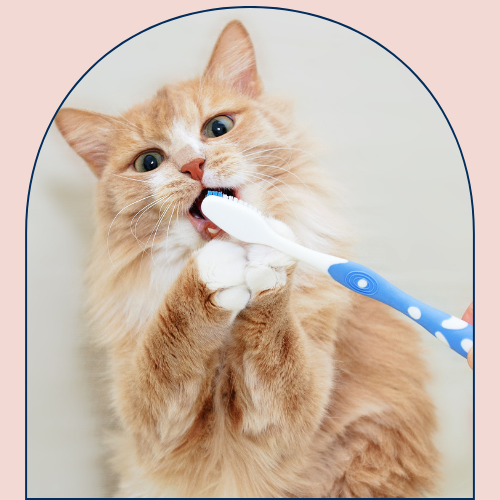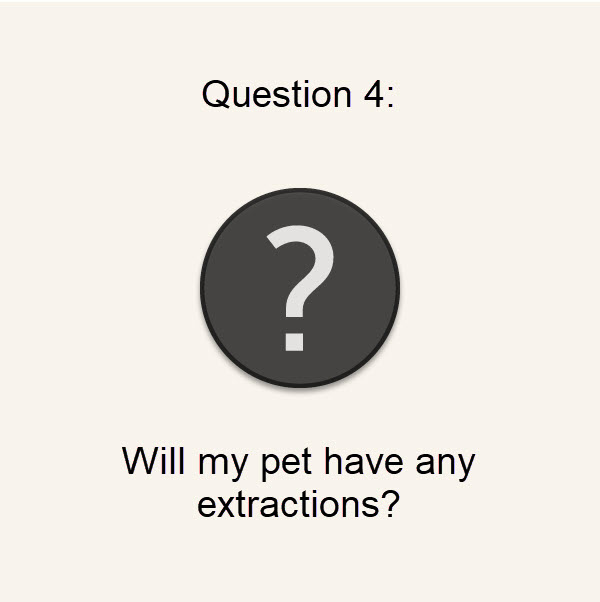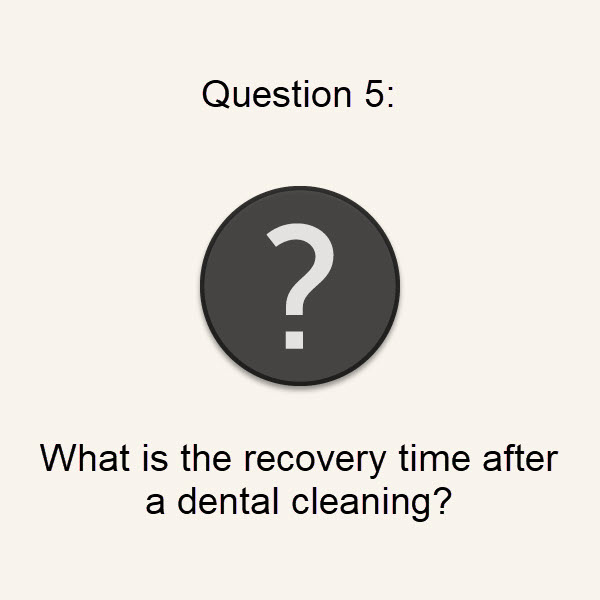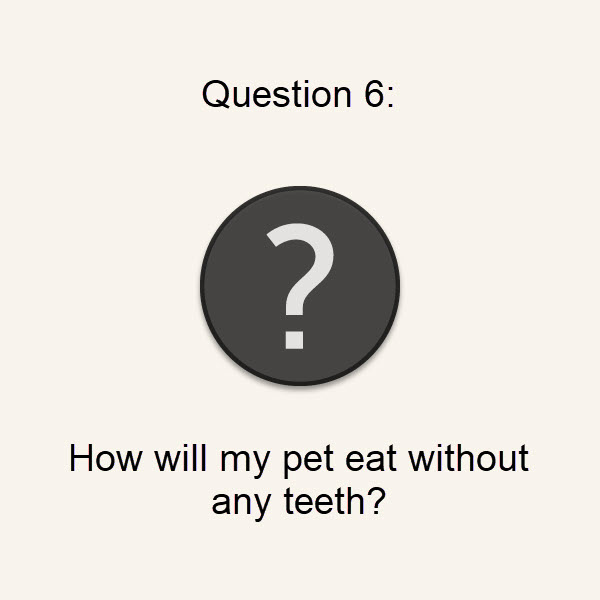Dentistry
 |
|

We provide comprehensive oral health assessments and treatments to our animal patients, which includes:
- Thorough oral exam, assessing each tooth crown, the tongue, tonsils, hard and soft palates, and the lips and gums.
- Full mouth dental radiographs, which allows evaluation of the tooth roots and associated jaw bones. Dental radiographs are absolutely necessary to ensure appropriate oral health because more than 60% of dental health issues are not detectable above the gum-line.
- Tartar and plaque removal, crown scaling, and subgingival (under the gum-line) scaling.
- Every tooth is polished to ensure tooth enamel health and prevent tartar build up in the future.
Tooth extractions: Retained baby teeth cause crowding and health issues with the neighboring adult teeth and should be extracted before 1 year of age. Broken, wiggly, infected teeth are also a source of constant discomfort and are also extracted. Whenever possible, teeth are cleaned, treated, and preserved. However, significantly damaged teeth should be extracted to preserve the health of neighboring teeth and eliminate oral pain.
Oral surgery: Complicated tooth extractions involving the surgical dental drill and nearby bone are performed in our hospital. Jaw bone removal, hard and soft palate surgeries, surgery involving the lips and gums are also offered by our doctors.
|
|
Frequently Asked Questions:
|
|

If you can smell your dogs breath, if you can see tartar build up, if your pet has red or swollen gums, if your pet's teeth are falling out, if your pet is having difficulty chewing food or has stopped chewing on treats. Then, yes! Your pet's oral health is part of their overall health and requires regular maintenance and attention.
|
|

Yes. Anesthesia is necessary to ensure the safety of your pet while the mouth is assessed and cleaned. Xrays of the tooth roots can only be achieved with an asleep pet. Cleaning under the gums safely without damaging the teeth, can only be done under anesthesia.
|
|

Most of the time, yes. Because the pet will be under anesthesia, blood screenings are a safety measure to ensure your pet can handle going under. However, each case is tailored to the individual pet's needs, so discuss this with one of our veterinarians.
|
|
|

We hope not! However, if a tooth is broken, rotten, or wiggly, then it is causing your pet pain. In that case, our doctors will recommend extraction. Our goal is to provide preventative care to your pet's teeth to avoid extractions if possible.
|
|

Pets get to go home the same day as their teeth cleaning procedure. Usually they will be drowsy for the rest of the day. In those pets who have had extractions, they may have a sore mouth for up to 3 days and will need to eat soft food for up to 2 weeks.
|
|

He/She will eat just fine, likely better than they did with a painful mouth. If your pet needs to have all teeth extracted, our doctors will talk to you about what specifically to expect. Note that most animals do not really chew their food well anyway. Having no teeth will not affect your pet's eating ability or they daily quality of life.
|
|
|